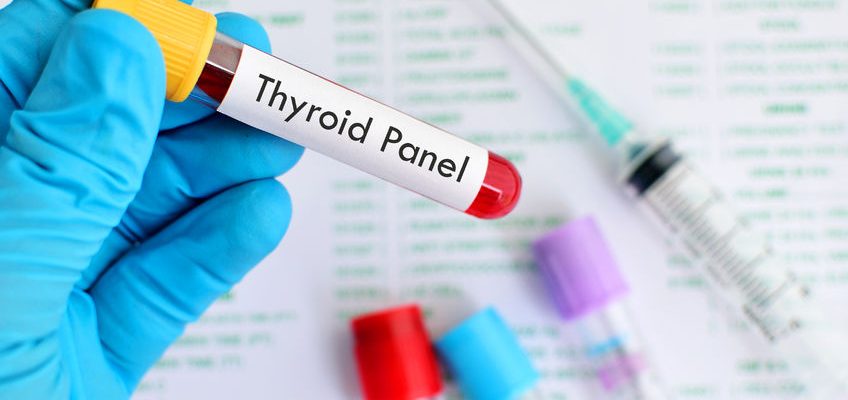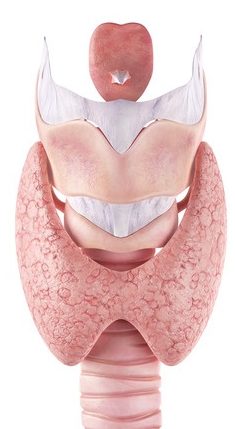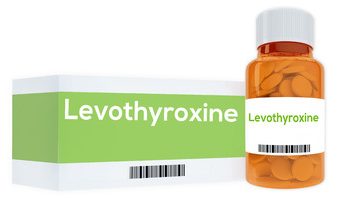The first step in treating a thyroid disease is to address the causes of thyroid dysfunction such as inflammation, nutrient deficiencies, hormonal changes due to stress, and overuse of medications. Most patients prefer to do this through a thyroid diet.
A thyroid diet is a special diet that eliminates foods that may cause immune reactions and inflammations while focusing on foods that help balance hormones, reduce inflammation, and heal the GI tract. Below, we look at foods that should be included in the thyroid diet, foods that should never appear in the diet, and various supplements that can be used alongside the diet to fast track the healing process.
Foods to focus on
- Wild-caught fish
Wild-caught fish are rich in Omega-3 fatty acids EPA/DHA which help with hormonal balance and thus improve thyroid function. Omega-3 fatty acids in a thyroid diet also help to reduce inflammation and support neurological function. They are also known to boost mood and support a healthy immune system. There are many types of fish with high Omega-3 content. However, experts recommend salmon, mackerel, and sardines.
 Coconut oil
Coconut oil
Coconut oil contains medium-chain fatty acids in the form of capric acid, caprylic acid, and lauric acid that support healthy metabolism, fight fatigue, and increase energy. An ever-present in any thyroid diet, the oil nourishes the digestive system, improves immunity, enhances brain function, and has antioxidant, antibacterial, and antimicrobial properties that help in suppressing inflammation.
- High-fiber foods
Fiber improves heart health, supports healthy weight, and balances blood sugar. You should aim for between 30 to 40 grams of the nutrient daily. This can be achieved by taking lots of fresh vegetables, berries, seeds, lentils, and beans.
- Sprouted seeds
Hemp, chia seeds, and flax provide ALA, a rare type of Omega-3 fat that is critical in hormonal balance. ALA also supports healthy mood and brain function while lowering inflammation. Plenty of sprouted seeds in a thyroid diet also stabilize blood sugar and help with healthy weight.
- Bone broth
Chicken and beef broth contain amino acids I-glycine and I-proline which help with repair of the digestive lining. The broths also nourish the digestive tract, help overcome food sensitivities, reduce fatigue, improve energy, increase immunity, and lower muscle and joint pains.
- Probiotic-rich foods
These include kimchi, kombucha, kefir (a fermented dairy product), fermented veggies, sauerkraut, and organic goat’s milk yogurt. They help create a healthy gut environment by balancing microflora bacteria and reducing leaky gut syndrome, inflammation, nutrient deficiencies, and autoimmune reactions.
- Seaweeds
Natural weeds are some of the best sources of iodine – a critical element in the thyroid diet. Kelp, dulse, and nori are the preferred choices here.
- Fruits and vegetables
These are rich in vitamins and minerals as well as antioxidants and help combat free-radical damage while lowering inflammation. They also support healthy brain function, hormone balance, heart health, and healthy weight.
- Clean water
Water is needed for hydration and digestive function. Drinking at least eight ounces of water every two hour can prevent constipation, low energy, and sugar cravings.
Foods to avoid
- Refined flour products
High-carbohydrate products such as enriched wheat flour negatively impact hormone levels which can lead to weight gain. Products such as bread, pastas, cereals, and baked goods should therefore be minimized or removed altogether from a thyroid diet. Instead, people with thyroid problems should choose flour made from 100% whole ancient grains such as buckwheat and quinoa.
- Goitrogen foods
Goitrogens are substances that interfere with the production of thyroid hormones by interrupting iodine uptake in thyroid glands. As such, all foods in this category including raw broccoli, cabbage, cauliflower, soy, kale, and Brussels sprouts should be avoided. If you must take these vegetables, steam them for at least 30 minutes and keep portions moderate in size.
- Gluten
Most people with thyroid problems are sensitive to gluten while some have celiac disease, an autoimmune disease which causes allergy to gluten. The best advice therefore is to keep away from gluten-rich foods such as wheat, rye, and barley products. Gluten sensitivity may raise inflammation, worsen hormonal problems, and create nutritional deficiencies.
- Sugar
Sugar disrupts hormone balance, can cause fatigue, and has the potential to worsen depression and weight gain. Since people with thyroid issues already find it difficult losing weight, it’s best to avoid sugar-filled foods.
- Conventional dairy products
Dairy products can be problematic to the thyroid as they are known to trigger reactions that raise inflammatory responses.
- Tap water
Finally, avoid tap water as it contains chlorine and fluorine, two elements that inhibit iodine absorption.
Natural remedies to speed up the healing process
- Ashwagandha (500 milligrams daily)
This is an adaptogen herb known to help the body respond to stress by lowering cortisol and balancing T4 levels. Patients will realize increased thyroxine hormone levels which reduces the severity of thyroid disease
- Iodine (150-300 micrograms daily)
Supplementary iodine can cause significant changes in thyroid hormone function. Combine the supplements with natural iodine sources such as eggs, sea vegetables, and seaweed for best results.
- Selenium (200 micrograms daily)
Selenium is essential for the production of T3 thyroid hormones that help in reducing autoimmune effects. It also decreases anti-thyroid antibody levels while improving the structure of the thyroid gland.
- L-tyrosine (1,000 milligrams daily)
L-tyrosine is an amino acid used in synthesizing thyroid hormones. Supplementing the substance can improve sleep deprivation, combat fatigue, and improve mood.
- Fish oil (1,000 milligrams daily)
Lastly, fish oil contains essential DHA and EPA Omega-3 amino acids that are critical for brain activity and thyroid function. These amino acids lower risk of thyroid symptoms such as anxiety, high cholesterol, depression, arthritis, diabetes, and weakened immune system. They also balance Omega-6 levels in the diet which can go a long way in improving health.
I have heard many thyroid supplements contain these natural remedies. In fact, recently the Huffington Post came out with an article regarding these thyroid supplements. I will be looking into this further as I believe others should as well.
A thyroid diet based upon this list can quickly relieve symptoms, effectively setting the patient on the path to recovery. Remember to collaborate with a licensed physician throughout the treatment period to help monitor your progress while providing valuable advice along the way.


 According to the
According to the 